Even as the Kashmir conflict has aged, I’m witnessing the birth of a new movement
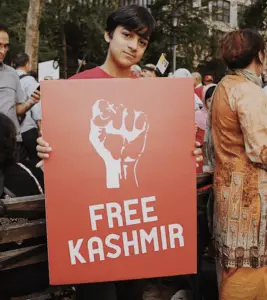
Dr. Ghulam Nabi Mir is the President of World Kashmir Awareness, and a gastroenterologist by profession. He lives in Ohio, USA
For three decades, my generation of Kashmiris living in North America and Europe feared what would happen as we grew old. Would the dream of freedom for our homeland be buried with us as we passed on? But even as the Kashmir conflict has aged, I’m witnessing the birth of a new movement.
In the early 1990s, we organized a number of pro-freedom meetings and rallies on Kashmir in the United States. The couple of hundred attendees were largely Kashmiri immigrant professionals, like myself. A handful of Pakistanis and Arab-Americans, with very few Indians, also came. Meanwhile, the U.K. and Belgium saw larger gatherings and protests.
Most of those people hailed from Azad Kashmir.
I remember one of our most important events in July 1991. We held the first International Kashmir Conference in Washington, D.C. Some 400 people, from dignitaries and activists to academics, attended two days of panels and discussions. They shuttled between the Crystal City Marriott in Arlington, Virginia, and Howard University’s campus in downtown D.C. Since then, many more conferences were held in New York, London, Birmingham, Brussels and Islamabad.
It was invigorating. We were young and our children were in their teens and twenties. Yet the conflict persisted. Our kids grew up, and had children of their own. We fretted if our sacrifices would go to waste. We worried if future generations of Kashmiris would keep waking up at night with nightmares of Indian troops chasing them down ricketty roads, across rice paddies and cornfields, up steep hills and rugged mountains.
Our own children here would be safe. But what about the millions we have left behind to suffer the torment?
I would pray: Almighty God! What is and what will be their fate? If after decades of living here in the free world, we still wake up with dreadful dreams of terror and torment, what will happen to those we left behind to face more horrific army terror?
Things seemed to only get worse. On Aug. 5, Indian Prime Minister Narendra Modi’s government revoked Articles 370 and 35-A of the constitution, abolishing Kashmir’s special status. Since then, Kashmiris have endured a communications blackout, curfew, arrests and detentions.
I could’ve lost hope. But I didn’t, after what I saw. On Sept. 27, during the UN General Assembly, 22,000 people — according the NYPD — protested the 72-year-old Indian occupation of Kashmir.
Hundreds of our youth clad in their red shirts pierced the skies with screams of freedom in front of the UN headquarters.
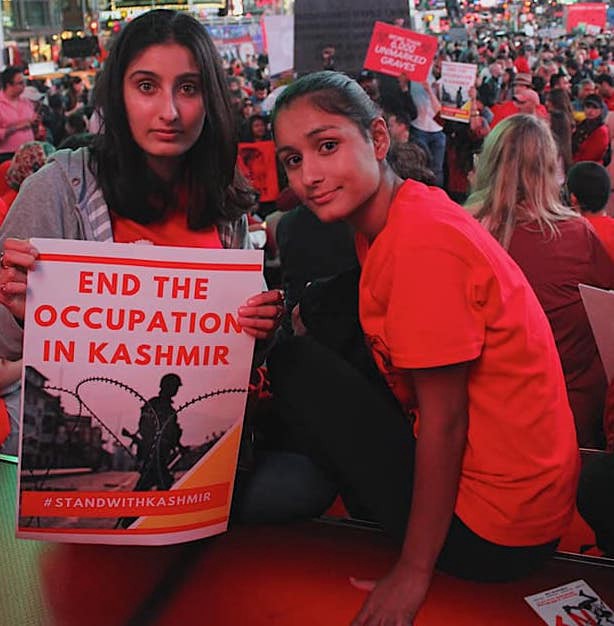
That day was reminiscent of the rallies and events we held in the ’90s. Yet this time, things are different.
The numbers are much larger, the message is clearer, and the international community is more aware and supportive of the Kashmiri cause. And most notably, there’s a diversity of supporters along with the Kashmiri-American youth.
Outside the UN, we had Pakistanis, Indians, Bangladeshis, Arabs, African-Americans and Caucasians, among others, rallying in solidarity for Kashmir. There were Muslims, Christians, Jews, Sikhs, and Hindus, and others who did not adhere to a religious tradition. Only metal police barriers could contain the swelling crowd.
The scenes warmed my heart and consoled my spirit. Our senior leadership never gave up their dream of a free Kashmir — some day. But a sign of our faith in the future, from our innovative youth, lit up Times Square that same day. “Stand With Kashmir” flashed in red during a vigil, for all New Yorkers to see.
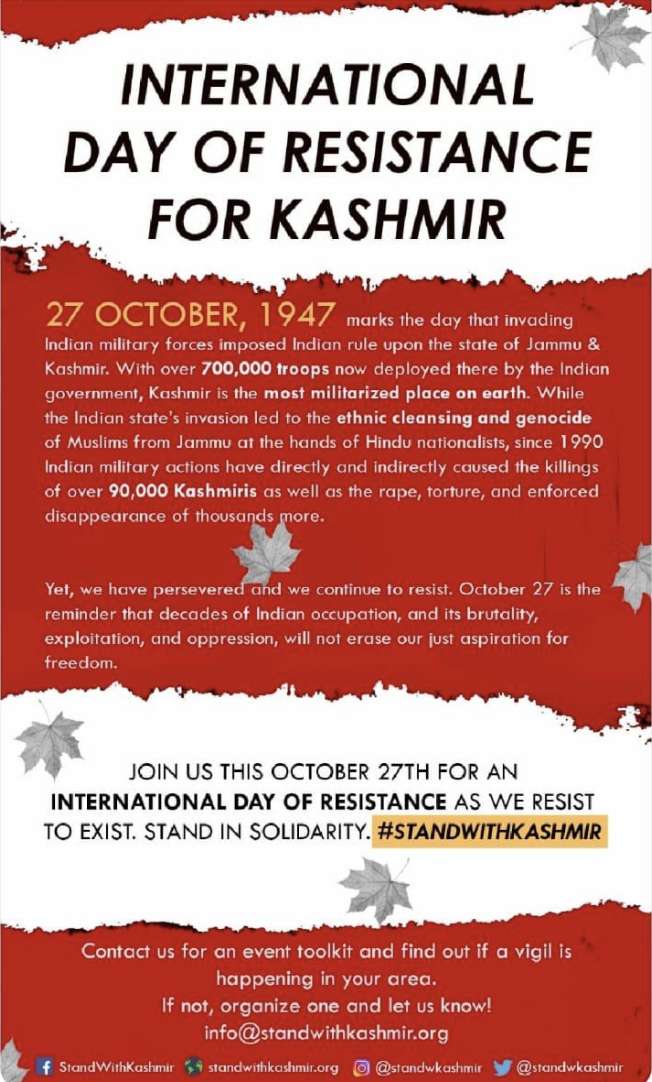
Our experience has taught us that we must stick together like a lead wall. The dark night is long, the road is steep and the enemy is devious and determined.
But after this darkness is over, the light of the morning will shine upon our beloved Kashmir.
©2025 StandWithKashmir All rights reserved. SWK is a 501(c)(3) non-for-profit organization.
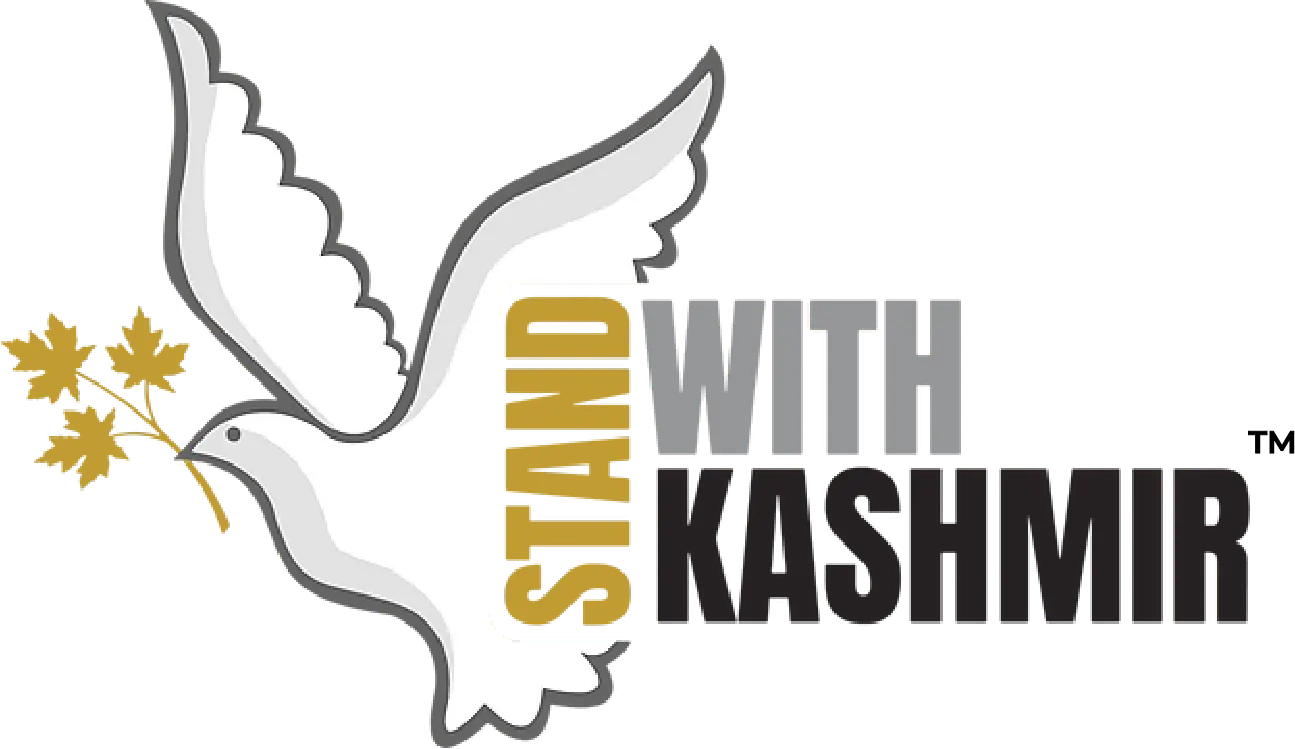
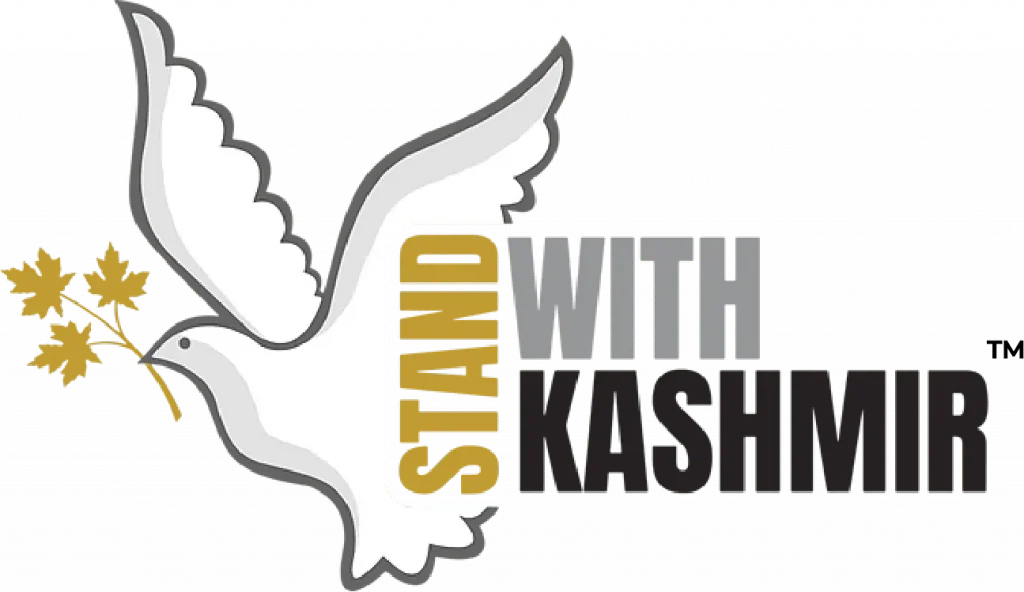
Leave a Reply